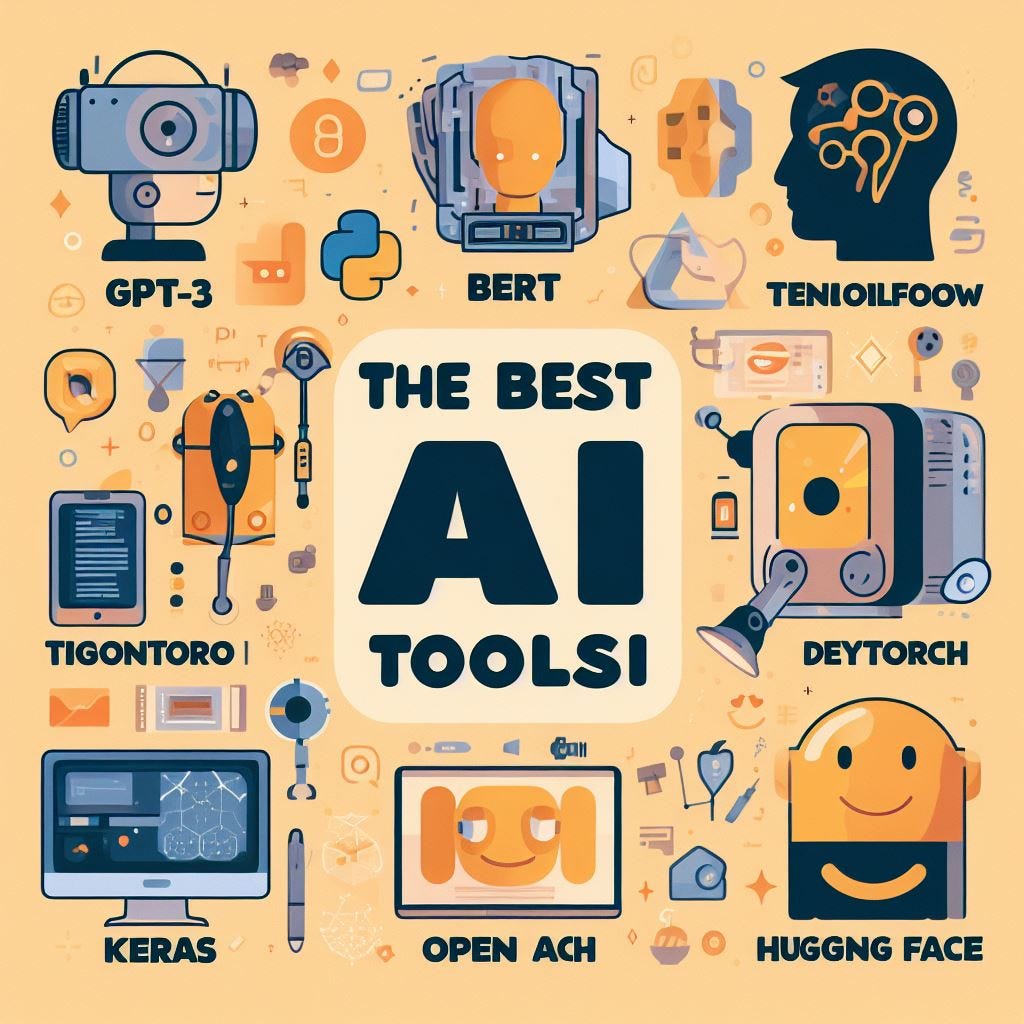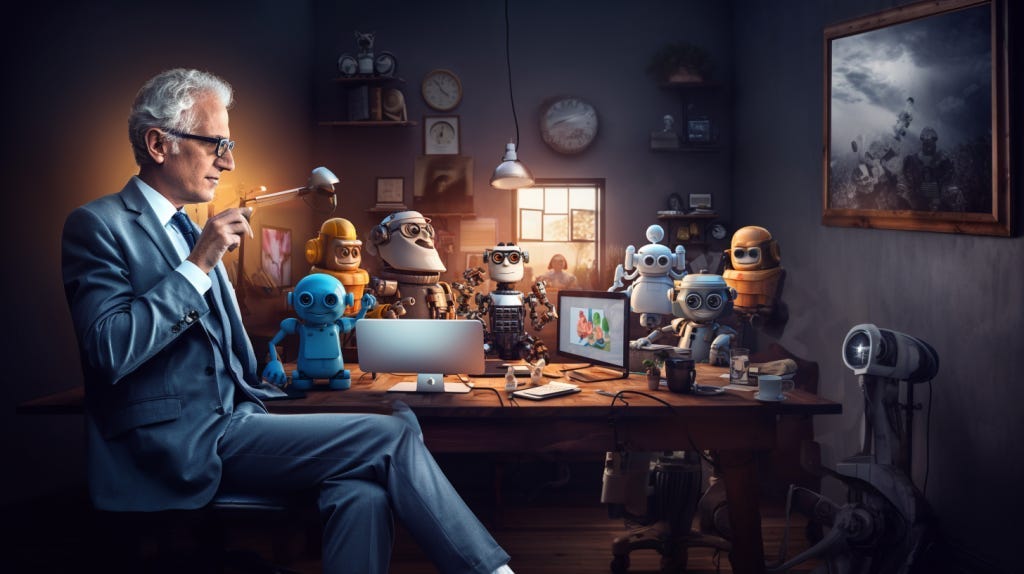The Future of Work in an AI-Powered World
Navigating Tomorrow's Workplace: Unveiling the Dynamics of AI-Driven Transformations in the Future of Work
The Future of Work in an AI-Powered World
Artificial intelligence (AI) is transforming nearly every industry, raising both hopes about new opportunities and fears about potential job losses. What will the future of work look like in an AI-powered world? In this newsletter, we summarize insights from industry experts on how AI will shape the workplace and workforce of tomorrow.
New Types of Jobs Emerging
Far from the doom-and-gloom predictions, AI is actually creating entirely new types of jobs, according to Dr. Freda Polly, an expert in technology and ethics. She predicts that soon chatbots may be writing job descriptions that are then answered by other chatbots. This means new openings for those who can effectively prompt and optimize AI systems.
Justin Farris, a senior director at GitLab, refers to this as “prompt engineering” - the skill of passing the right context, parameters and foundations to large language models like ChatGPT to get better results. While specialized prompt engineering roles are emerging that pay over $300k, he believes these skills will eventually be required across many functions. The most in-demand experts will combine prompt engineering fluency with deep domain expertise.
6 OF THE BEST AI TOOLS
HEADLIME IS THE GO-TO GPT-3 TOOL FOR MARKETERS.
WRITESONIC IS ONE OF THE BEST ARTIFICIAL INTELLIGENCE-POWERED COPYWRITING GPT-3 TOOLS.
On the recruiter side, Harriet Takavarasha from Harver predicts that while generative AI will handle more repetitive sourcing and screening tasks, human oversight will remain crucial for decision-making. AI can help remove bias in early stages, but interviews will focus on assessing culture fit. She believes fears of mass unemployment due to AI are overblown, much like previous concerns when computerization first happened decades ago.
The Democratization of Required Skills
Tiffany Jansen has directly benefited from this democratization of skills. She pivoted from fashion and modeling to software development by self-teaching coding skills online. As founder of TiffanTech, she now trains others on prompt engineering via free YouTube tutorials. Jansen sees AI expertise becoming more accessible to non-technical people over time as well.
Both Jansen and Farris advise gaining hands-on practice with the latest AI tools rather than pursuing formal education, since the field is evolving extremely rapidly. Farris notes that critical thinking and questioning skills transfer well to prompt engineering. Jansen stresses the "soft skills" of lifelong learning and open-mindedness as AI habits of mind become mandatory in the future.
Preparing the Next Generation
When it comes to preparing children for an AI future, Farris would steer them toward figuring out how to complement their passions, whether teaching, engineering or other pursuits, with prompt engineering instead of specializing too narrowly. Jansen sees value in young people learning how to interact with AI responsibly, but also maintains that human relationships will remain integral even as technology progresses.
Risks on the Horizon
Dr. Polly flags the risk of AI getting blamed for labor impacts it did not directly cause, whether due to larger demographic shifts or economic inequality. We saw this dynamic with globalization’s effects as well. She advocates for policies that help distribute the gains from AI’s productivity boosts more broadly across society.
Takavarasha also acknowledges the crude facial analysis algorithms deployed previously during video interviews created negative experiences before being pulled back. She believes more ethical application of AI in hiring will triumph over such early missteps. But appropriate safeguards need to be in place.
The key takeaway across all these experts is that while AI will significantly disrupt various occupations, from writing to engineering and beyond, it will also generate new human-centric openings. Those who embrace upskilling in abilities like prompt engineering while retaining their core competencies will thrive. Specific technical qualifications matter less than nurturing soft skills around learning, critical thinking and communication. By maintaining this human advantage, we can build an AI future with immense opportunities.
Source:






